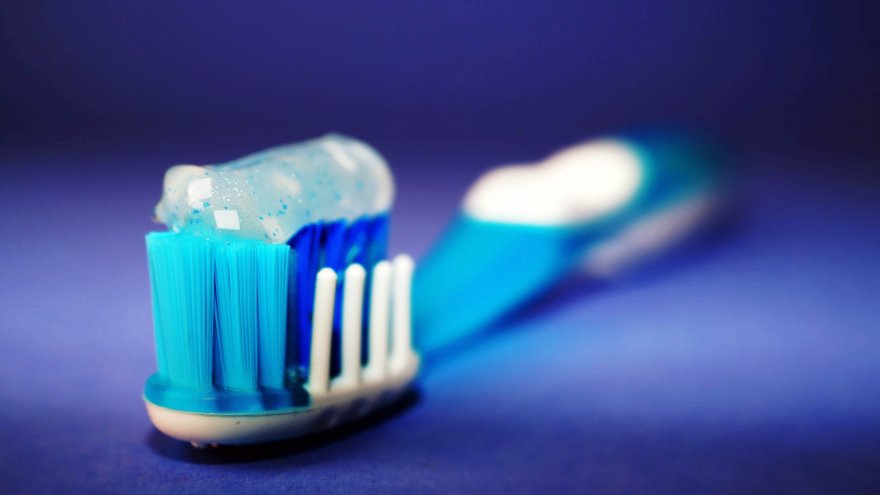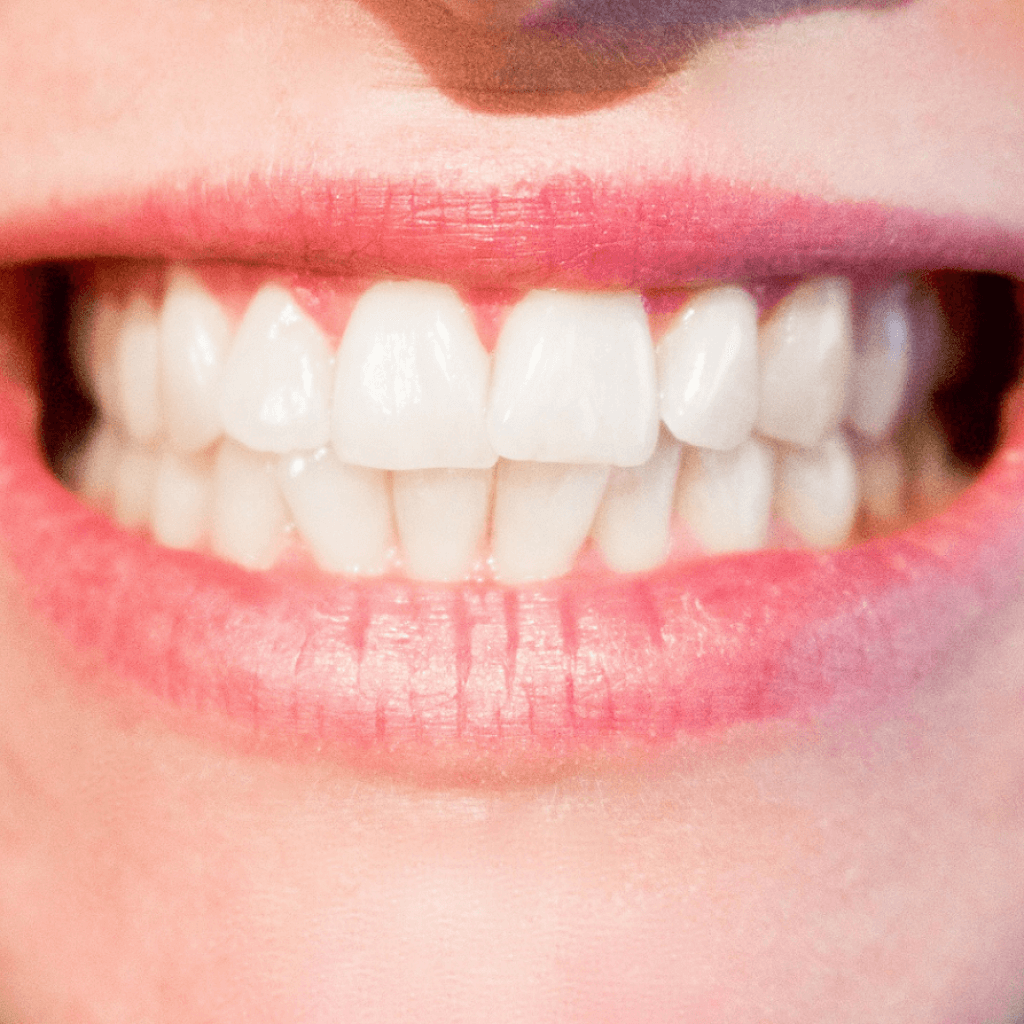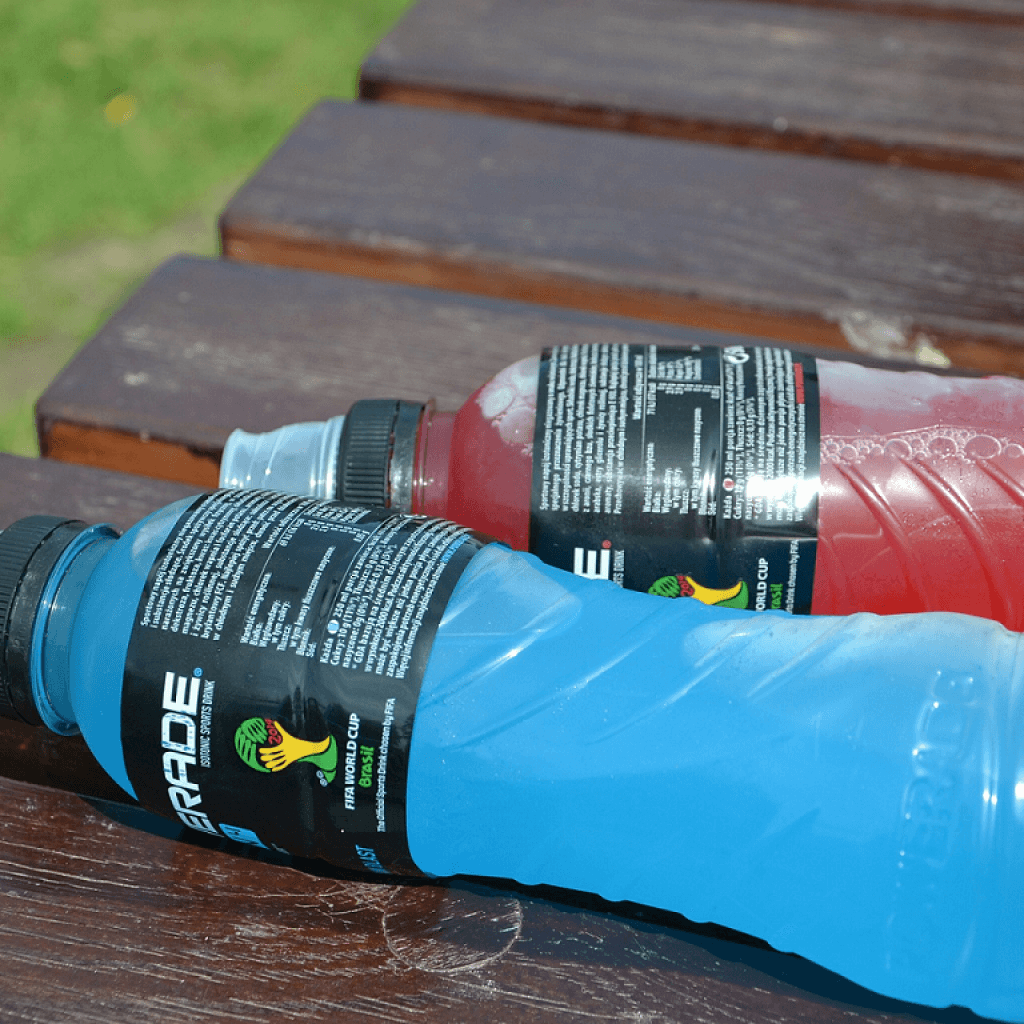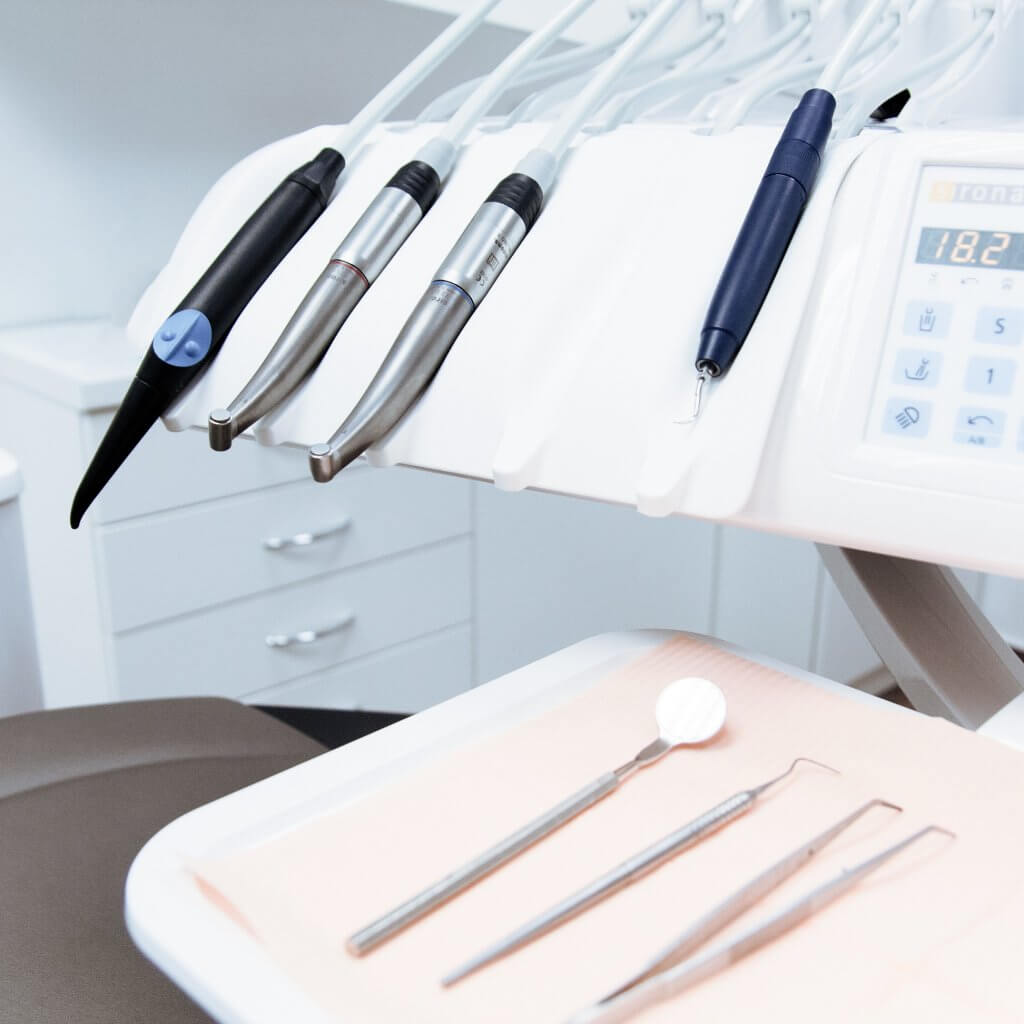Running and Oral Health: The Surprising Connection

Running benefits us in a myriad of different ways. And it’s not just hearsay. Science firmly backs up what runners from across the globe have been preaching and experiencing for years: Happier minds, leaner waists and longer lives, to name but a few. And while these perks are nothing short of fantastic, one should guard against regarding running as the magic bullet to all things healthy. Far from it. Because running also comes with a few unexpected down sides, of which less than stellar oral health unfortunately might be one. Intrigued? Here’s the surprising connection between running and oral health.

Runners and the Risk for Tooth Erosion and Cavities
A small 2015 study published in the Scandinavian Journal of Medicine & Science in Sports concluded that athletes show an increased risk for dental erosion. In addition, the study found that athletes who train more frequently tend to have more cavities than those who train less. The cause of these findings are thought to be twofold. Firstly, athletes tend to consume plenty of carbohydrates while training, including sports drinks, gels, chews and bars. These products tend to lower the mouth’s pH to below 5.5, or acidic levels, which may contribute to dental erosion. Secondly, athletes tend to prefer breathing through their mouths during strenuous exercise. This causes the mouth to get dry, which translates to the absence of teeth-protecting saliva. Which ultimately means that enamel-damaging bacteria have a ball.

This study confirmed the findings of a 2013 study published in the British Journal of Sports Medicine. The latter study looked at the oral health of 278 Olympic athletes from Africa, the Americas and Europe, most of whom had access to good quality dentistry. Researchers found that the oral health of study participants were generally poor, which resulted in a negative impact on general well-being, training and performance. Of the participating athletes, 55% had dental caries, 45% showed signs of dental erosion and a whopping 76% had gingivitis. And nearly half of them hadn’t visited a dental caregiver in the previous year. Ouch!
Other Running-Related Dental Woes
But there’s more when it comes to running-related dental woes. Dense and sticky energy bars and chews are often the culprits when it comes to damaged crowns and fillings. Talk about a mid-run nightmare!

Using your teeth to open gel and bar wrappers is also far from ideal. While it may seem like something completely trivial, many a tooth has been chipped in this way.
And then, finally, many runners have the tendency to clench their jaws while focused and in the zone. This is often something that runners are unaware of and do subconsciously, so be sure to do a couple of mid-run checks to find out if you’re guilty. Continued clenching and grinding may ultimately damage tooth enamel or even lead to a chipped or broken tooth, so it’s definitely something that you want to avoid.
Measures to Save Your Teeth on (and Before and After) the Run
Researchers are currently looking into the development of special toothpastes and mouth rinses that athletes can use prior to training in order to prevent tooth erosion and caries. But, until such time as these are made available, it is advisable to take the following steps in order to protect those pearly whites:
- Rinse your mouth with water immediately after ingesting carbs on the run.
- Don’t keep energy chews and bars in your mouth for extended periods of time while running. Bite, chew and swallow.
- Keep your body well hydrated during your run (but don’t drink too much!). This may help prevent saliva from turning sticky in your mouth.
- Remember to brush and floss after your run, especially if you’ve ingested sports drinks, gels, chews or bars on the go.
- Follow a healthy, wholesome diet with plenty of non-sugary drinks (think water!) when you’re not out running.
- If you use gels while running, choose a brand with a thin, almost watery consistency that doesn’t stick to your teeth.
- Never open gel or bar wrappers with your teeth. Take off those gloves and use your hands instead!
- Choose chews and bars with a soft consistency, or opt for natural fuel (like bananas) instead. Not only are these easier to ingest on the run, but they’re also less likely to cause damage to existing crowns and fillings.
- Avoid gels and chews containing citric or tartaric acid. Whilst adding a sour or tart flavor to training fuel, these two culprits also contribute to the erosion of teeth enamel with continued use.
- Focus on keeping your face and jaws relaxed while running. Clenching your jaws may be an effective way of intimidating your competition, but, trust us, it’s not doing your teeth any favors.
- If your jaw clenching and teeth grinding continues after bedtime, consider sleeping with a mouth guard.
- Visit your dental caregiver regularly, ideally at least once a year. And if you’re a serious endurance athlete, consider switching to a caregiver specializing in sports dentistry.

The Takeaway
So while the connection between running and (poor) oral health definitely doesn’t justify hanging up your running shoes for good, it’s good to be aware of it. Take a long, hard look at your fueling habits and make changes where you need to. Because with proper care and attention, consistent training and strong, healthy teeth definitely don’t need to be mutually exclusive.
Sources
- , Does running lead to worse oral health?, Online publication
- , 5 Ways runners are messing up their teeth, Online publication
- , Is exercise bad for your teeth?, Online publication
- , Great legs, gross teeth: , Online publication
- , Effect of endurance training on dental erosion, caries, and saliva, Scientific journal
- , Oral health and impact on performance of athletes participating in the London 2012 Olympic Games: a cross-sectional study, Scientific journal
Latest Articles
 Is Running on a Treadmill Easier Than Running Outside?Runners have their own preferences, whether it is treadmill running, running outside on the road, or exploring trails. So...
Is Running on a Treadmill Easier Than Running Outside?Runners have their own preferences, whether it is treadmill running, running outside on the road, or exploring trails. So... Is It OK to Use Trail Running Shoes on the Road?While trail running shoes can be used on roads, especially in situations where a runner encounters mixed terrains or pref...
Is It OK to Use Trail Running Shoes on the Road?While trail running shoes can be used on roads, especially in situations where a runner encounters mixed terrains or pref... How to Fix Sore Quads After Running?Rest, ice, gentle stretching, and over-the-counter pain relievers can help soothe sore quads after running. Also, ensure ...
How to Fix Sore Quads After Running?Rest, ice, gentle stretching, and over-the-counter pain relievers can help soothe sore quads after running. Also, ensure ... 10 Fruits With The Most Electrolytes to Replace Sports DrinksThese fruits are high in electrolytes such as potassium, magnesium, and calcium, essential for hydration, muscle function...
10 Fruits With The Most Electrolytes to Replace Sports DrinksThese fruits are high in electrolytes such as potassium, magnesium, and calcium, essential for hydration, muscle function...

